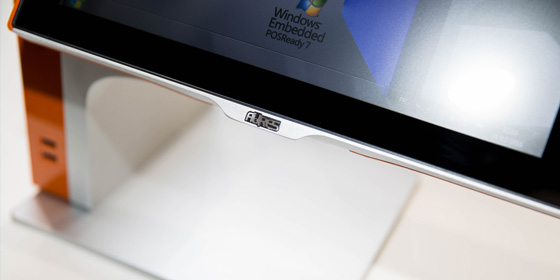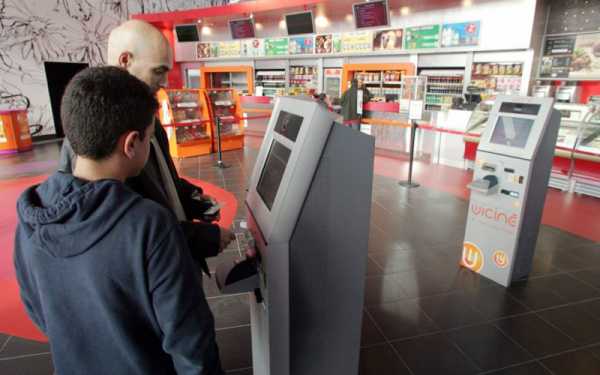In the second of our series of blogs previewing AURES participation at CinemaCon 2019 in Las Vegas, Sales Director Richard HEITMANN talked to us about the impact multiplying POS options could have on the cinema-going experience.
There never used to be much in the way of choice when it came to point of sale. For customers and operators alike, POS meant a fixed till in a fixed location for a cashier to ring through sales. Queues were the inevitable downside at the busiest times.
In cinemas, there has always been an element of double jeopardy here. Cinemas have traditionally operated multiple points of sale for different purposes. With the ticket counter on one side of the foyer and snack concessions on the other, two sets of tills could often mean two lots of queuing for customers who just wanted to sit down and enjoy some popcorn and a drink with their film.
All in all, it was not always a set up conducive to creating an outstanding experience that would draw punters back in again and again.
Richard HEITMANN, Sales Director at AURES, has many years of experience working with cinema operators supplying POS solutions. He believes developments in EPOS technology have been critical in helping cinemas work through the dilemma of streamlining sales in order to improve service. And now, with POS solutions diversifying into multiple available channels, he suggests that companies may finally have the tools at their disposal to solve the conundrum.
“Going forward, I think you will see cinemas employ a blend of solutions,” he said. “You will still have have the traditional fixed POS points, but then you will also see a mix of self-order kiosks (SOKs) and mobile POS solutions on tablets.”
Creating great experiences
As discussed in our last blog, Richard is a big believer that SKOs can help cinemas drive revenues from concessions by imitating the rapid, seamless service pioneered in quick-service restaurants.
“Kiosks mean customers can buy tickets and food and drink all in a single transaction,” he said. “It also separates order and payment from service, which helps to drive efficiency. When you pay for your food and drink, it is instantly added to the order queue, with staff able to focus on preparation rather than handling money or processing a transaction. Not only does this speed everything up, it will mean cinemas are able to dedicate more resources to food and drink, extend their range and expand into hot meals.”
However, Richard doesn’t see a future where all transactions in cinemas are run through kiosks. “Self-service is great, but you still need that human touch,” he said. “Great experiences depend on service, and you only get truly great service when there is the human element. SOKs are attractive because they free up staff to focus on other things, to focus on delivering that outstanding experience, but your still need that element of interaction. That is why other, staffed POS channels still have a role.”
Richard believes mobile POS will be important in cinemas because it will allow those person-to-person service interactions to be extended into new opportunities. “Give a member of staff a tablet with a card reader and they can go anywhere and take an order,” he said.
“We are starting to see seat service make a return in some cinema chains, with waiting staff using tablets to take orders, process payments and then bring snacks and drinks to the customer’s seat as they watch the film. That is a premium experience. It is all about creating new opportunities, providing choices to customers that enhance the experience and capitalising on these with services that drive revenues and encourage repeat business.”
Richard will be at CinemaCon in Las Vegas with the AURES team from 1-4 April, demonstrating our range of POS solutions for cinemas.




